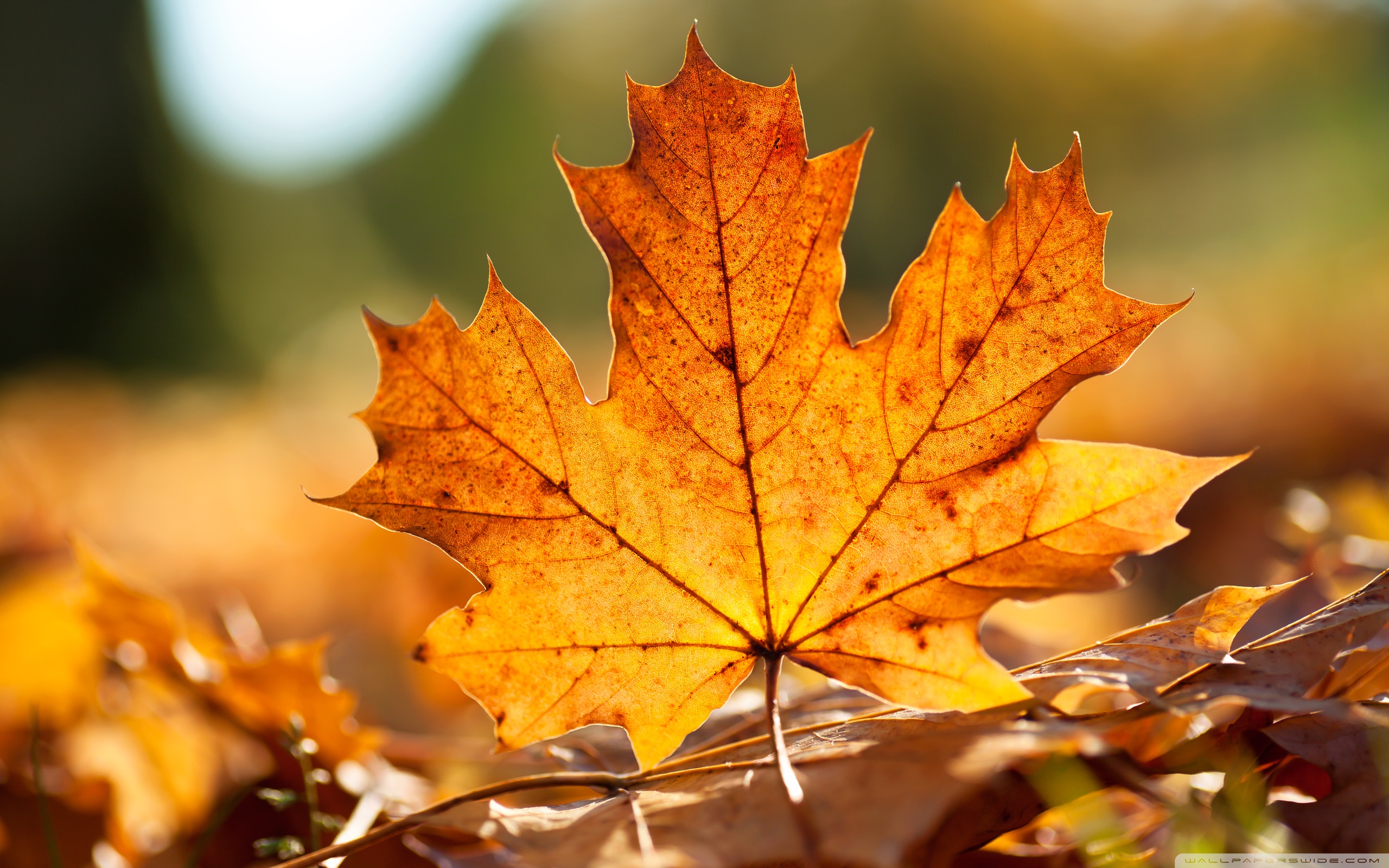The arrival of autumn yesterday in the Northern Hemisphere provides a good excuse to listen to the incredible art songs of German Romantic composers like Schubert, Schumann and Brahms. Autumn seems to have been a rich source of inspiration for these composers. In poetry, the season has been associated with death and cycles of life, as summer fades and winter approaches. In Friday’s post we’ll listen to “Der Einsame im Herbst” (“The Lonely One in Autumn“) from Mahler’s The Song of the Earth. But let’s start with these three earlier songs inspired by autumn:
Schubert’s Herbst
In Franz Schubert’s Herbst (Autumn) D. 945, we are confronted with the terror of immortality. The piano’s continuous, running notes suggest a cold, howling wind. The ominous bass notes evoke something darkly supernatural, maybe even demonic. Listen for sudden harmonic shifts throughout the song. Notice the chord at 0:53 at the end of the verse, “Thus withers away the blossoms of life.” This is harmony which makes us feel trapped and forces us to confront the inevitable. As the line is repeated, Schubert’s harmony goes far afield to accomplish the harmonic resolution we originally expected.
The poem is by Ludwig Rellstab. This performance features Matthias Goerne and pianist Christoph Eschenbach:
Schumann’s Herbstlied
Robert Schumann’s song places autumn in a cycle of death and rebirth. Listen to the way the music changes in the third stanza in the lines (around 1:00):
Love surely returns again
In the dear forthcoming year
And everything then returns
That has now died away
Read a translation of the text by Siegfried August Mahlmann here. The performers are Dietrich Fischer-Dieskau, baritone; Peter Schreier, tenor; and Christoph Eschenbach, piano.
Brahms’ Four Quartets
Autumn turns up in the second of Johannes Brahms’ Vier Quartette Op. 92. The poem, which Brahms set for “Late Autumn”, was written by Hermann Allmers:
The grey mist drops down so silently upon the field, wood and heath
that it is as if Heaven wanted to weep in overwhelming sorrow.The flowers will bloom no more, the birds are mute in the groves, and the last bit of green has died; Heaven should indeed be weeping.
This performance features the Chamber Choir of Europe, conducted by Nicol Matt with Jürgen Meier, piano:
In the opening of the first song, listen to the way Brahms captures the expansive majesty of the night sky.

